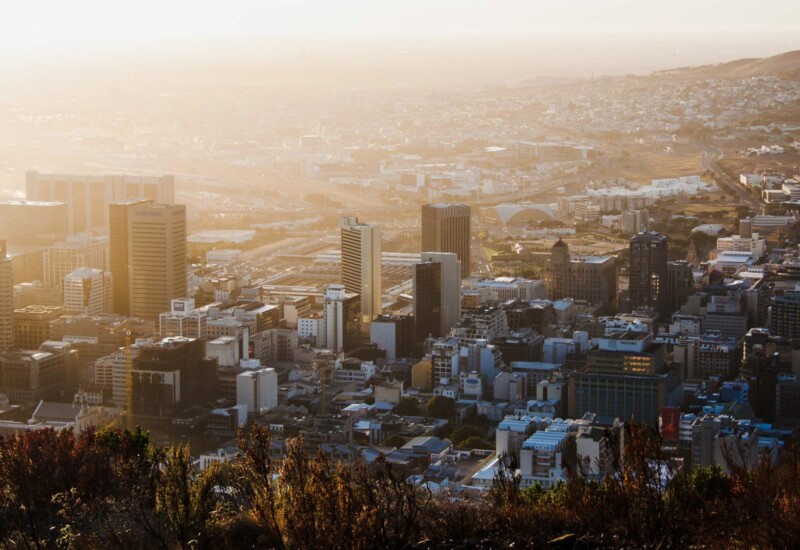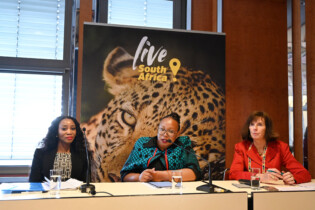South Africa is a country in crisis, having been hit by several waves of bad news for the economy. With ongoing petrol hikes, a recession, a VAT hike and the impact of the drought, many businesses are now struggling.
Unemployment stats in South Africa are already startling, with 27.2% of the population without jobs according to Stats SA, and youth unemployment has reached a staggering 38.8%. As a country, we simply cannot afford further job losses. The Jobs Summit, led by President Cyril Ramaphosa in early October, saw government consulting with the private sector, unions and community organisations regarding accelerating job creation in South Africa.
During the summit, government reiterated that it will not retrench any employee in the public sector as “you cannot be retrenching while trying to create new jobs”. So, the 1.3million people employed in the public sector are seemingly safe. At the end of the summit, an agreement was signed by various stakeholders outlining a framework to stem job losses and create employment opportunities across sectors. The aim is to create 275 000 jobs annually over the next five years.
The tourism sector in South Africa is one of the largest supporters of job creation in the country, a reality that Government already recognises, having said that the sector is a “strategic industry able to help create much needed employment”. Figures from Statistics SA demonstrate that the industry has generated new jobs over time: around 700 000 people were directly employed in the sector in 2016, up from just over 500 000 a decade earlier. Currently, there are 1.6million people directly employed or indirectly supported by the tourism sector.
Ramaphosa aims for the doubling of jobs in tourism. But significant help from government will be needed in order to achieve this lofty target. There must be clear policies in place to focus on boosting the tourism industry, through financial assistance in the sector, skills training initiatives, and supporting and improving South Africa’s attractions and assets at every level.
Government also needs to focus attention on the skills shortages across sectors. It must work with various industries to support skills training and, ultimately, job creation that is sustainable for the long term. If government worked with the tourism sector, for example, we could train people in all spheres of the industry ‒ in hospitality, in various services, in client facing and management roles, in tourism technology, to name just a few areas with potential for growth.
Tourism can play a role, in particular since there is a strong desire among global and domestic travellers to explore the natural beauty, culture and heritage that our country has in abundance. This is aided by our weak currency, which is a drawcard for many international tourists. With government and the private sector working together, we can use these elements to drive significant change on a national level.
By Brett Hendricks ‒ General Manager, Thebe Tourism Group







